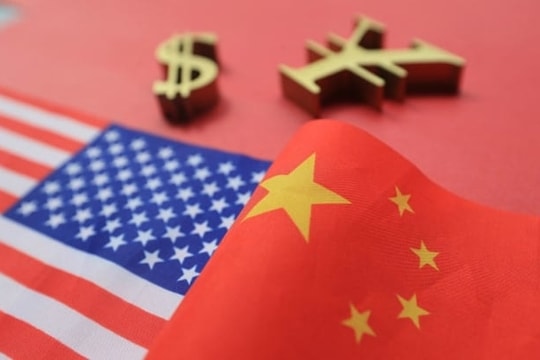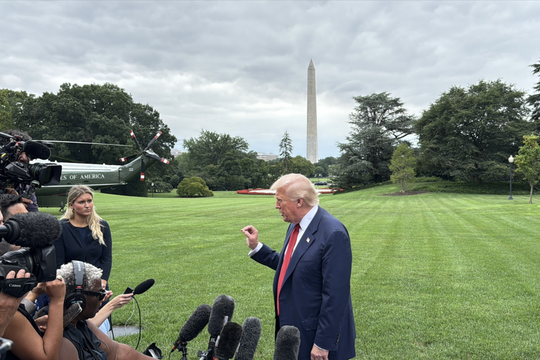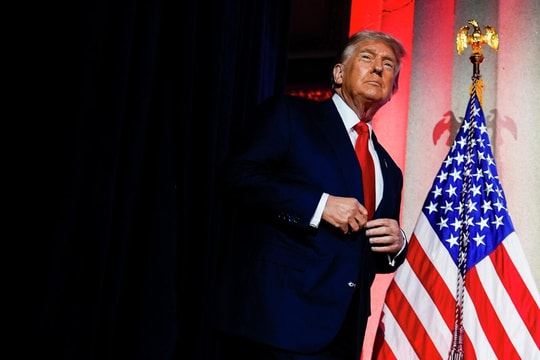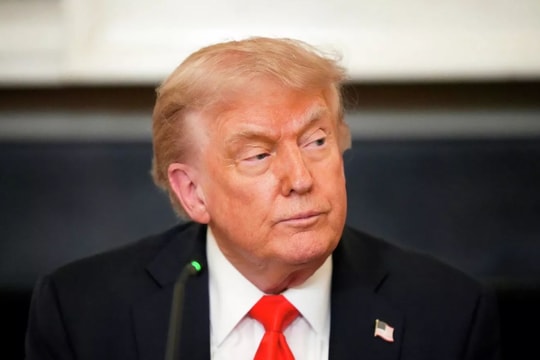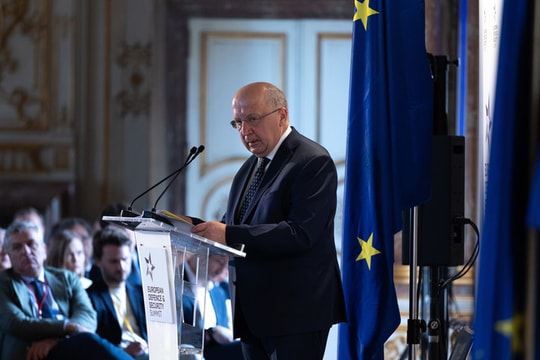US believes providing weapons to Ukraine will push Russia to negotiate
The US permanent representative to NATO said that the US provision of weapons to Ukraine would push Russia to negotiate and sign an agreement.
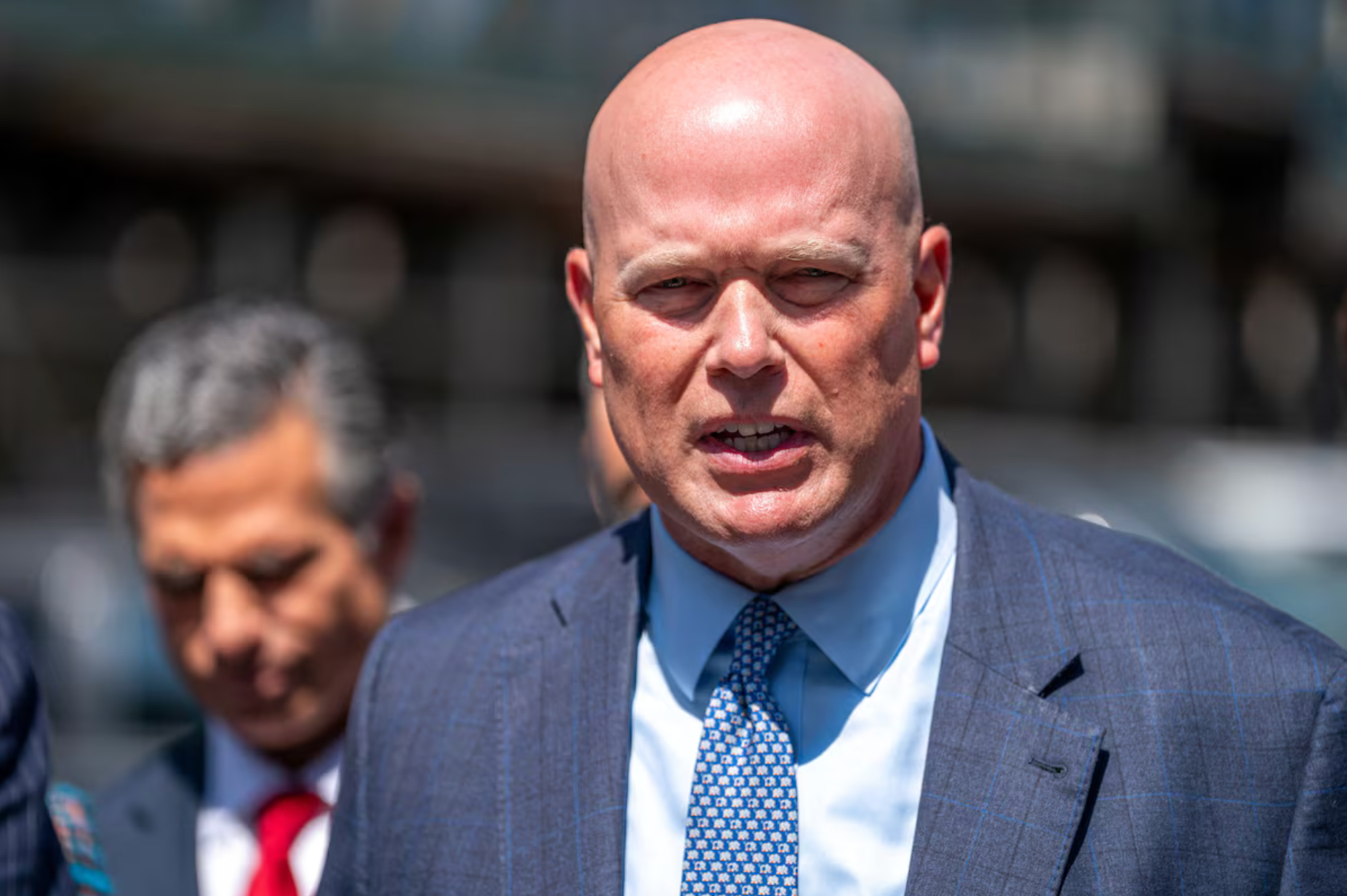
According to RIA Novosti on August 3, US Permanent Representative to NATO Matthew Whitaker believes that the US will push Russia to negotiate and achieve a long-term ceasefire in Ukraine by providing weapons to NATO partners.
In early August, Reuters, citing sources, reported that NATO and the United States were working on a new approach to supplying US weapons to Ukraine, which Kiev considers a top priority, at the expense of alliance countries.
According to Reuters sources, work is currently underway on a new mechanism in which Kiev should compile a priority list of weapons for itself. After setting the priorities, the alliance countries will discuss who among them will deliver these weapons or pay for them. It is planned to send weapons in tranches worth about $500 million each.
“I hope that active US engagement, including our provision of arms to NATO allies, will force Russia back to the negotiating table, and ultimately lead to a ceasefire,” Whitaker said in an interview with WHO 13 News.
At the same time, Mr. Whitaker mentioned that the conflict in Ukraine, as President Trump has repeatedly stated, cannot be completely ended by military means, a final solution can only be achieved at the negotiating table.
On Moscow's side, Russian President's press secretary Dmitry Peskov previously stated that Russia remains committed to the peace process to resolve the conflict around Ukraine and ensure the interests of the Russian Federation.
Meanwhile, Hungarian Prime Minister Viktor Orban said on August 2 that resolving the conflict in Ukraine will only be possible after people realize the country's inability to join NATO.
“Peace will come when the Americans, Europeans and Ukrainians realize the fact that Moscow will never allow NATO in Ukraine – close to Russia’s western border,” Prime Minister Orban said.
At the same time, he stressed that Brussels' current position does not contribute to a settlement in Ukraine, since “almost the entire European Union, with the exception of Hungary and possibly Slovakia, is actually involved in the conflict”.

